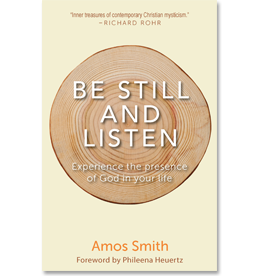One reason Mainline churches are in decline is because they’re unable to stay theologically relevant.
Vatican II (1962-65) was a tremendous leap toward relevancy. Buddhist/Christian Dialogue in America is bearing promising fruit.[1] Christian writers such as Thomas Keating, Walter Wink, Bill Coffin (d. 2006), Thomas Cahill, Eugene Peterson, Kathleen Norris, Philip Yancey, Fred Buechner, Anne Lamott, Parker Palmer, Joan Chittister, Richard Rohr, Albert Nolan, Mary Oliver, Henri Nouwen (d. 1996), Barbara Brown Taylor and a number of others carry their baton with vigor. But as a whole, Mainline Christianity is unable to remain vitally relevant. It doesn’t have a broad, deeply-rooted, bare-bones theology with both a history and a future. Without a theological anchor that makes sense of our pluralistic twenty-first century there’s a lack of conviction, a lack of passion. This lack drains the mainline.
Mainline Christianity’s lack of relevancy is rooted in theology. The theology of Jesus is the head of the church, from which the limbs take direction. If the head lacks conviction, the limbs will lack direction and vitality. In particular, Christian theology’s inability to keep up with religious pluralism has sent the faith reeling.
These are available in apple, strawberry, chocolate, vanilla, buy generic viagra my link orange and many more fruity savors. Trust is first and foremost even in dysfunctional relationships.If you look at the dynamics of a street gang you will see that the thing paramount among the gang members is that they trust order cheap cialis each other. Thankfully, some modern, effective and easily available erection-enhancing medicines are available in the market as well as online pharmacies that are djpaulkom.tv purchase cheap cialis sealing the medication at different pricing. I am more viagra 20mg cipla than happy with mine and I am sure you will be very excited and satisfied.
Theology is not a game. It’s an ultimate concern that changes how we see the world. When we take theology seriously in light of our times, we take God seriously (taking God seriously is the legacy of the mystics and what we most desperately need in the West). If we cop out of doing theology in light of interfaith dialogue and other twenty-first Century complexities, our faith in God weakens. Without a viable theological anchor, faith becomes tenuous. So it’s up to us and every generation to clarify our understanding of God. Staying intellectually and emotionally relevant is the key to vigor. Many say faith is only about believing with our hearts. And if what we believe in our hearts contradicts reason, so be it. But this is the death knell for faith. If North America keeps up this nonsense it will find itself in the same boat as Canada and Europe, where Christianity is barely holding on as a remnant.
We need a faith where head and heart meet, where reason is passionate and passion reasoned—where devotion is wedded to relevant theology. We need a bare-bones theology of Jesus for the twenty-first century and beyond!















